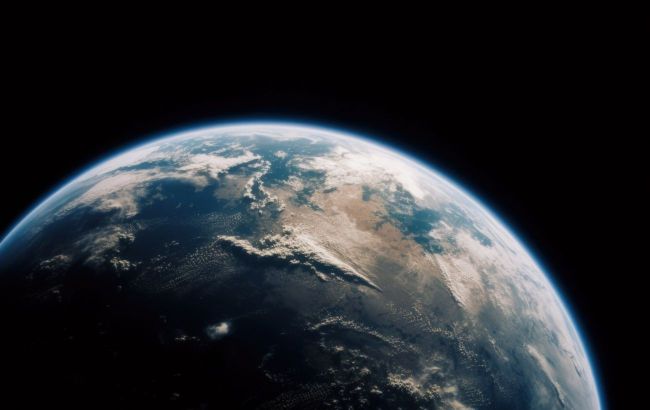Earth becomes uninhabitable for humans: How much time is left?
 How long Earth will remain habitable for humans (photo: freepik.com)
How long Earth will remain habitable for humans (photo: freepik.com)
The question of how long the planet Earth will be able to support life, especially human life, is one of the most important. Scientists study the processes that affect the viability of our planet and make long-term forecasts to determine the ultimate expiration date of Earth's habitability for humans. How much longer the planet Earth will remain suitable for life is explained by a study published in the Planetary Science Journal (PSJ).
Recent research by scientists from the University of Chicago has provided a more accurate forecast for how long Earth will remain habitable for humans. The researchers identified the main causes that will lead to change and assured that Earth will be able to maintain life-friendly conditions for at least another billion years.
According to the researchers, the brightness of the Sun increases by about 10% with each passing billion years. This leads to Earth receiving even more energy, but at the same time, the surface temperature of the planet constantly rises.
This increase may make our planet uninhabitable, since neither humans, nor plants, nor animals would be able to withstand such high temperatures.
High air temperature will also lead to the destruction of water, which is something no living organism on Earth can survive without.
However, the scientists say that the key element in maintaining the planet's habitability is the carbon cycle. According to forecasts, this cycle could be disrupted in about 1.6 billion years due to the intensifying solar activity.
One of the consequences of the disrupted carbon cycle, researchers say, is the acceleration of silicate rock weathering — a process in which carbon dioxide is extracted from the atmosphere and bound into rocks.
This very mechanism, which regulates the CO2 (carbon dioxide) level in the atmosphere, plays a crucial role in supporting plant life. Plants need carbon dioxide for photosynthesis and for producing oxygen — the foundation of the food chain.
As weathering increases, the concentration of CO2 will begin to decrease rapidly, which will lead to a decline in plant life and, eventually, in animals that depend on vegetation.
Scientists believe that Earth will remain suitable for life for a very long time, but they note that "the biological clock" has already started ticking.
Earlier, we wrote about how long astronauts could live on the ISS if humanity perishes on Earth.

